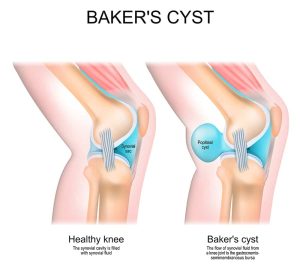
Medial Collateral ligament (MCL) Injury
MCL injury is a stretch, partial tear or complete tear of the ligament inside the knee. The medial collateral ligament is one of the four ligaments that maintain the knee’s stability, so MCL injuries usually occur after an outside impact of the knee, upper leg, or lower thigh. MCL tear can cause pain, swelling, and a lack of stability in the knee.
Characteristics/ Clinical presentation
Main causes of MCL injury
Risk factors for developing MCL injury
Once an MCL has been strained or torn, the chances of the injury occurring again increase.
Sports and activities such as soccer, football, hockey, and basketball are at higher risk to injure the MCL
Physiotherapy management for MCL injury
In York-Med physiotherapy, our registered physiotherapist and chiropractors provide a type of treatment to speed up the healing process and ensure an optimal outcome and reduce the likelihood of future reoccurrence. The treatment plan may compromise of:
Most patients with a minor to moderate MCL injury (grades 1 and 2) can return to sport or normal activity within 4– 8 weeks with appropriate management. Patients with a complete rupture of the MCL will require a longer rehabilitation period to gain optimum function. Patients with a MCL tear who also damage other structures of the knee, such as the meniscus or collateral ligaments, are likely to have an extended rehabilitation period.
© 2020 York-Med Physiotherapy and wellness center | Richmond Hill & Vaughan. All Rights Reserved.
Designed by Magham Agency